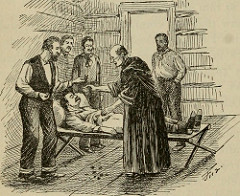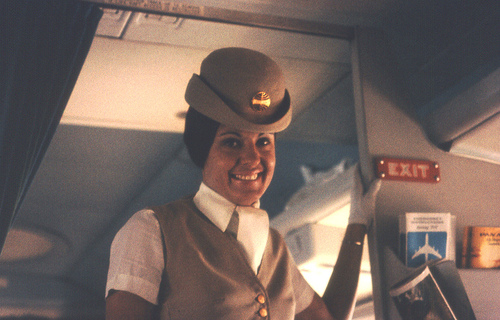Podcast: Play in new window | Download (Duration: 49:06 — 67.4MB)
Subscribe: Spotify | RSS | More

Is labeling people during a med school interview a good idea? Is such labeling always an example of ad hominem? Are doctors who write newspaper articles espousing antivaccination ideas deserving of sanction by their employers, or are they simply expressing valid concerns? Are their employers guilty of the same sins as administrators at NASA who didn’t listen to engineers before the space shuttle Challenger disaster? Our first-ever tweetstorm critique brought Dave to consider all these thoughts with Matt Wilson, newbies Laura Quast and Kendra Frey, and Adam Erwood. Also, radiologists face the extinction of diagnostic radiology by AI and pigeons, 3D printers capable of producing functionally complete human skin are here, and hybrid pig-human embryos all found their way into the news this week. And Dave tests his co-hosts’ knowledge of medical history in a Pop Quiz. Listeners, share your thoughts with us each week. Call us at 347-SHORTCT any time, and see our Facebook page for a question to consider every Monday.



















